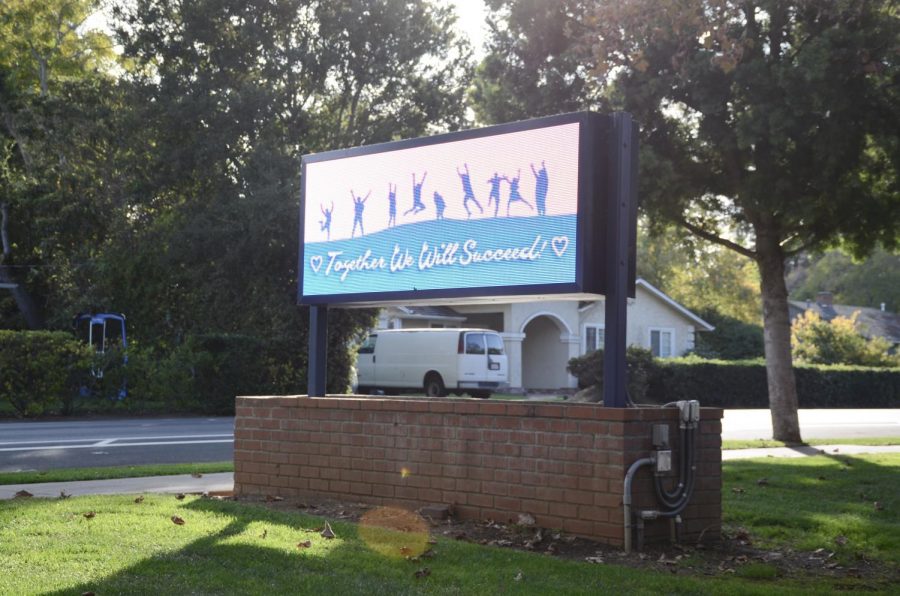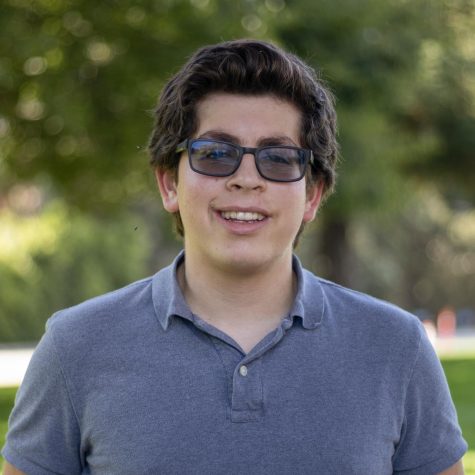MVLA to continue HAERT program despite majority negative feedback
The Mountain View–Los Altos School District is set to continue the HAERT program, despite negative student feedback.
Despite negative feedback, the Mountain View–Los Altos School District is set to continue its social and emotional curriculum, HAERT.
HAERT — Happiness Awareness and Emotional Resilience Training — aims to provide preventative strategies and the “basic building blocks of wellness and foundation,” according to MVLA District Wellness Coordinator William Blair. Students complete HAERT program modules as part of asynchronous Wednesday attendance.
When asked about their “overall feeling” toward the program in a recent attendance survey, 79.9 percent of MVLA students indicated a three or below out of five, one being the worst and five being the best. In an informal Talon survey, 96 percent of over 350 respondents said they did not like the HAERT program.
One student expressed concern that the HAERT program takes time away from other activities in the day.
“Personally, the HAERT program was not helpful and didn’t serve the purpose that they intended it to serve for me,” senior Shayla Gossain said. “On Wednesdays, waking up and knowing that I had to complete this felt more like a burden rather than something that would actually help my mental health.”
“I think there’s this confusion about anything that deals with the word ‘wellness,’ and people automatically think we’re talking about mental health,” Blair said. “But HAERT has nothing to do with that. This is about building foundational social emotional learning practices. Some of the feedback that I’ve gotten is, ‘Well this doesn’t help somebody who’s really depressed’ or ‘You’re adding to my stress because you’re making me do this,’ and I agree — I get that. It’s not intended to do that.”
Social emotional learning is supposed to be the development of self-awareness and emotional skill building to handle stressful situations and be a preventative solution, as opposed to a treatment, for mental illness.
“The goal of the program is to build these foundational skills,” Blair said, speaking of the mindfulness and breathing practices that the program teaches. “I think the challenge is how do we get students to be able to understand that.”
Since becoming the District’s Wellness Coordinator in January 2020, Blair has worked with the District to increase and reinforce mental health resources for students.
In addition to implementing HAERT, the District has taken several measures to aid students with mental health, including suicide prevention training for all staff, expanding Community Health Awareness Council (CHAC) services, partnering with Uplift Family Services, as well as bringing on a Stanford child psychiatric fellow.
“We’ve created the support infrastructure there and now our goal is that students need the support that they feel comfortable in reaching out to get that higher level of care,” Blair said.
The HAERT program is set to continue as the District continues to adapt and respond to student mental health needs.
“We do a great job of preparing students academically across the district,” Blair said. “I think one of the things that’s fallen off of the high school charge is wellness and how we prepare young people to be in the space for life.”
For more information on MVLA support, visit bit.ly/mvlasupport or bit.ly/mvlaayuda, or call 911 for immediate crisis services.





